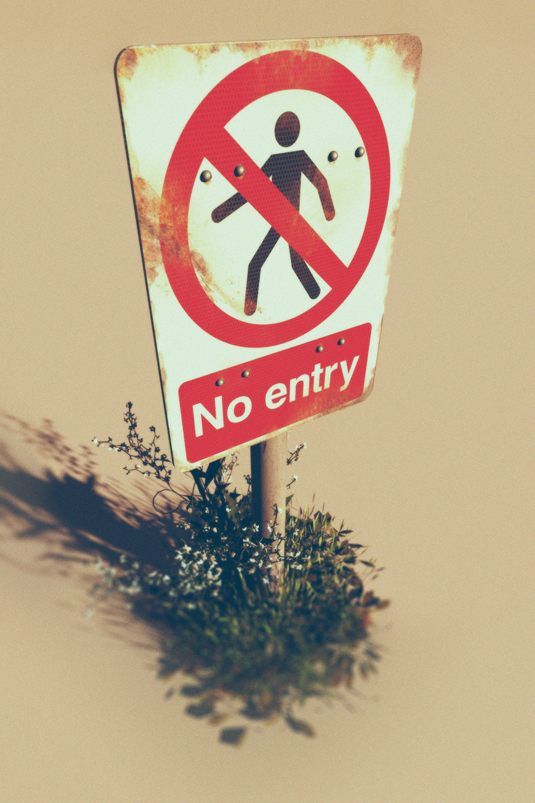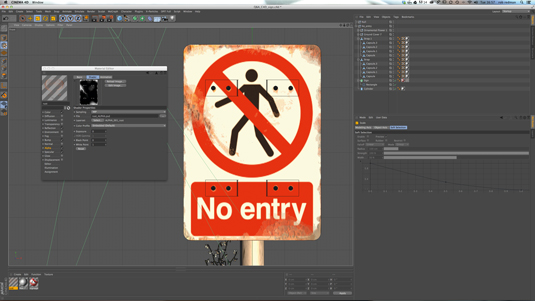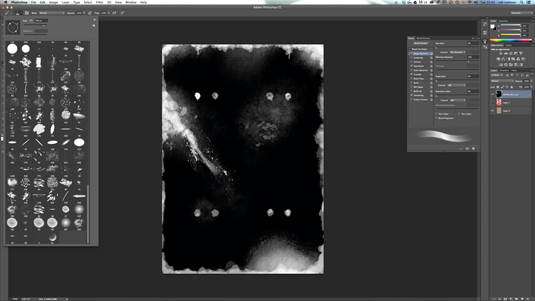How to make a rusted sign in Cinema 4D
3D World technical editor Rob Redman explains how to make a material with clean areas and rust without painting it all by hand.
Sign up to Creative Bloq's daily newsletter, which brings you the latest news and inspiration from the worlds of art, design and technology.
You are now subscribed
Your newsletter sign-up was successful
Want to add more newsletters?

There are many occasions when we need to create a material that not only serves a single purpose but must be easily adaptable, or have multiple states. If you can get into the habit of creating your materials in this way then problems like making an object that has both paint and rust, or some other surface, becomes much easier and also has the benefit of allowing you to save a huge amount of time hand painting.
In this example you will learn how to create two materials and mix them up as you see fit by using a third. I’ll show you how to take this road sign and texture it so it appears to have had a few years of service, rather than having a too-factory-fresh look.

The key to this is pretty simple. You just have to imagine the object with one material, like the ‘no entry’ decal here, then think of it as just a sheet of rusty metal. Now think of layering one over the other and scratching away at the uppermost to reveal what lies below. That is all an alpha channel does. The great thing about this is that there are limitless opportunities for creativity here.
You can add as many extra materials as you need to on an object, each with their own alphas, so if you wanted to add some mouldy-looking dribbles, where rain has collected you could do that with a separate material, leaving everything below untouched. This kind of layering approach makes any given model much more versatile, as you can swap out layers, or turn them on and off.

Creating an alpha itself is pretty easy. You can UV the object if needed but for a simple piece like this just screengrab a front view and use that as a guide to paint out areas in an image editor. The best way is to take a grab in wireframe mode, so you can see where details are, then change the image to greyscale (which will give you 256 levels of variable opacity for your alpha, generally with black being 0% opaque and white being 100%).
One thing to certainly remember here is that alphas aren’t just useful for diffuse/colour channels. You can make use of them for all manner of things. One good trick is to make a shiny material, with some fresnel reflection, high specular and then paint an alpha for wetness. This could be a puddle or some kind of wet patch on an otherwise dry pavement, or if you created some slight animated bump you could use it to drive rain falling on a window, or hitting the surface of a pond (with the bump making ripples).
This article originally appeared in 3D World issue 173.
Sign up to Creative Bloq's daily newsletter, which brings you the latest news and inspiration from the worlds of art, design and technology.
Liked this? Read these!
- Create a perfect mood board with these pro tips
- The best 3D movies of 2013
- Download free textures: high resolution and ready to use now
What do you make of this trailer? Tell us in the comments!

The Creative Bloq team is made up of a group of art and design enthusiasts, and has changed and evolved since Creative Bloq began back in 2012. The current website team consists of eight full-time members of staff: Editor Georgia Coggan, Deputy Editor Rosie Hilder, Ecommerce Editor Beren Neale, Senior News Editor Daniel Piper, Editor, Digital Art and 3D Ian Dean, Tech Reviews Editor Erlingur Einarsson, Ecommerce Writer Beth Nicholls and Staff Writer Natalie Fear, as well as a roster of freelancers from around the world. The ImagineFX magazine team also pitch in, ensuring that content from leading digital art publication ImagineFX is represented on Creative Bloq.
